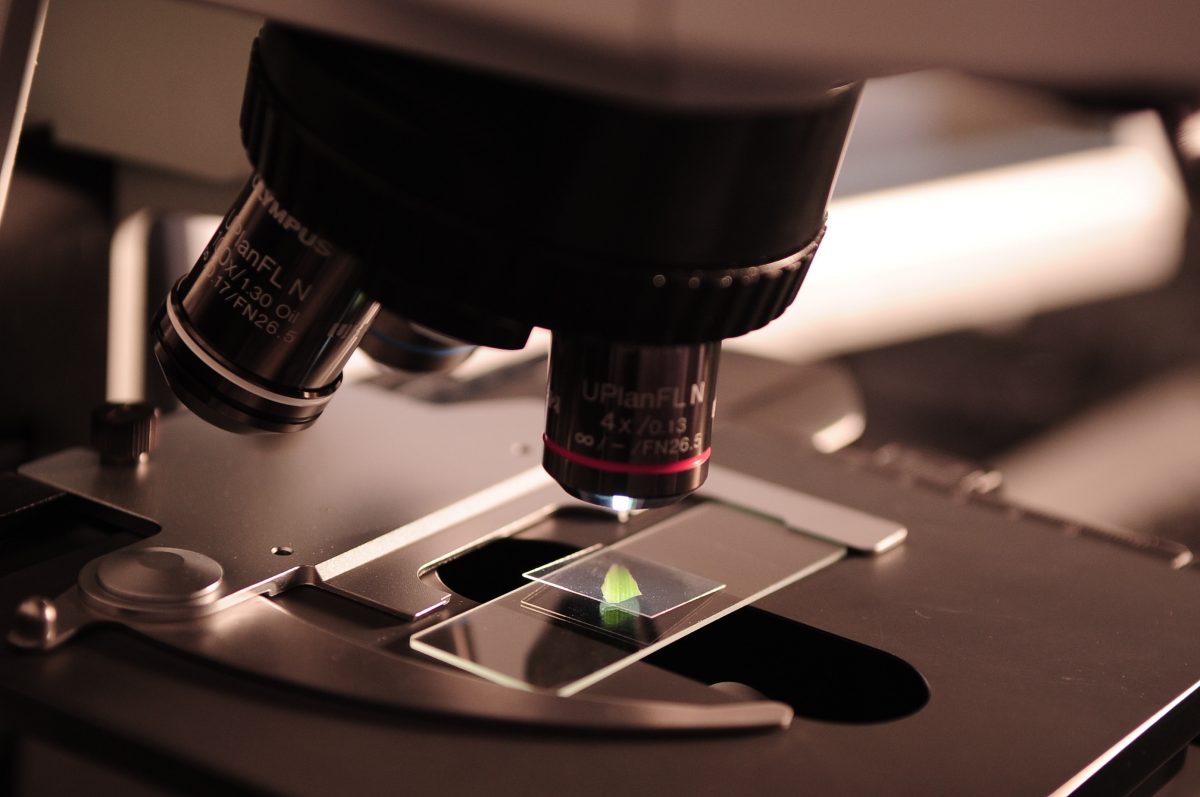
Students reap rewards of summer spent researching
B.Sc. (Med.) and Med Summer Research Program lets medical students try out life of a researcher
Thanks to the bachelor of science in medicine program, Brennan Kaita sees a research career in his future.
The program, known as B.Sc. (Med.), provides medical students like Kaita with the opportunity to discover whether conducting research is something they would like to pursue after becoming a doctor.
The students spend two summers – after first and second year of the four-year MD program– immersed in research from the end of May until the end of August. For students who only want to commit to one summer of research activities, the Med Summer Research Program provides an opportunity to also work on a research project. This year, 85 students (41 first year and 44 second-year students) are enrolled in the B.Sc. (Med.) program, and 24 students are taking part in the Med Summer Research Program.
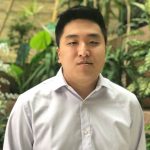
Brennan Kaita is entering his third year of medical school.
“Research is definitely something I’m interested in, especially after going through the B.Sc. (Med.) program,” said Kaita, who is entering his third year of medical school. “I think it’s definitely something I want to continue forward with.”
For the past two summers, Kaita’s research has looked at bowel preparation for colonoscopy in patients undergoing the procedure in the morning. The focus of his project is on the patient experience – from sleep disturbance to incontinence to overall tolerability of the bowel preparation. Dr. Harminder Singh, associate professor, internal medicine, Max Rady College of Medicine, is overseeing the research.
Faculty members, like Singh, develop the research projects and act as supervisors. The students choose an area of interest and then the learners meet with the professors to see if they’re a good fit. The projects range from clinical research to basic science to epidemiology.
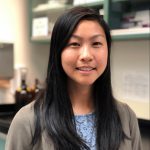
Amy Lam is going into her third year of medical school.
Amy Lam, who is going into her third year of medical school, was attracted to a basic science research project that is evaluating whether feeding mice flaxseed could protect their hearts from damage due to breast cancer therapies known to cause heart failure in humans. She wanted to see first-hand how basic science research could translate into clinical research and then into clinical applications.
“I’ve learned so many things,” she said. “Like being able to do a thorough literature review to understand the groundwork that’s been laid for our research, and understanding how research studies are designed and how they progress.”
‘Best of all worlds’
In 1926, the University of Manitoba established the B.Sc. in Medicine program. Dr. John Embil, professor, departments of internal medicine and medical microbiology/infectious diseases, Max Rady College of Medicine, and the director of the B.Sc. (Med.) and Med Summer
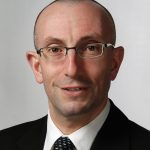
Dr. John Embil, professor, departments of internal medicine and medical microbiology/infectious diseases, Max Rady College of Medicine.
Research Program, said the bachelor of science in medicine program began as a way for medical students to participate and experience research first-hand, and to receive a B.Sc. At that time, learners were able to enter medicine after completing just two years of an undergraduate degree, he said.
“The B.Sc. (Med.) program now offers trainees the best of all worlds – they have the opportunity to participate in research, they have the chance to present their finding and they get paid,” Embil said. The students receive a stipend of $7,500 per summer and two weeks of vacation time.
In addition to research experience, the students receive one-half day per week of clinical exposure. For Lam, she shadowed her supervisor, cardiologist Dr. Davinder Jassal, professor, department of internal medicine, Max Rady College of Medicine, in the cardiac clinic and on the coronary care unit.
“I got to see what it’s like to deal with complicated patients and usually that’s not an opportunity that first- and second-year medical students get,” Lam said. “We also don’t gain clinical skills like dictating our own notes until our third year, so that aspect was really unique.”
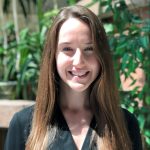
Eva Slight-Simcoe is entering her second year of medicine.
Eva Slight-Simcoe, who is entering her second year of medicine, said the interaction with the faculty member is an invaluable experience.
“You have the opportunity to collaborate with a faculty member and communicate with them outside of the lecture setting, which is an awesome opportunity,” she said. “You get to see what they do and what they’re passionate about behind the scenes, which I think is a really valuable experience.”
Slight-Simcoe is working with Dr. John Murray, assistant professor, department of family medicine, Max Rady College of Medicine, on a project looking at the prevalence and characterization of cannabis use among Canadian medical students in the pre- and post-legalization period.
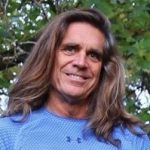
Dr. John Murray, assistant professor, department of family medicine, Max Rady College of Medicine.
Murray said that the collaboration between students and faculty members is mutually beneficial. “For instance, one student has demonstrated a keen interest in what is referred to as inferential statistical analyses of data,” he said. “This sort of analytical work stretches me as one who works almost exclusively on the narrative side of research. I can then take on the role of the learner, and that is a role that I am comfortable with.”
Wrapping up research
After analyzing the research data, students write a paper, which Embil said could be submitted to a journal if there is substantial data. The students also present their findings to a panel and have the opportunity to show their work off at the annual Undergraduate Medical Student Research Symposium. Embil said that students have gone on to present their research at symposia across Canada, the United States and internationally.
“Someone might say ‘who cares about a presentation and a publication,’” Embil said. “But those are currencies that carry a lot of weight. When a student applies for a residency after their medical school training, and they go to their interview, and they talk about the research that they’ve done and the accomplishments from the research project, these things carry weight and are extra fuel in the gas tank that may help take them farther in their careers.”
After completing the B.Sc. (Med.) program, students wishing to delve even deeper into research can enroll in the combined MD/M.Sc. or MD/PhD program, Embil said.
Kaita said he is considering the advanced degree route but hasn’t yet made up his mind. However, he has decided that research will be part of his life after medical school.
“Ultimately, my goals are to help push the field of medicine forward in whatever way I can,” Kaita said. “Research is very important to help us improve our care of patients, and that may be in groundbreaking studies, or smaller studies that act as stepping stones for further research. Either way, my goal is simply to help improve our base of knowledge and play some small part in improving the future of medicine.”






